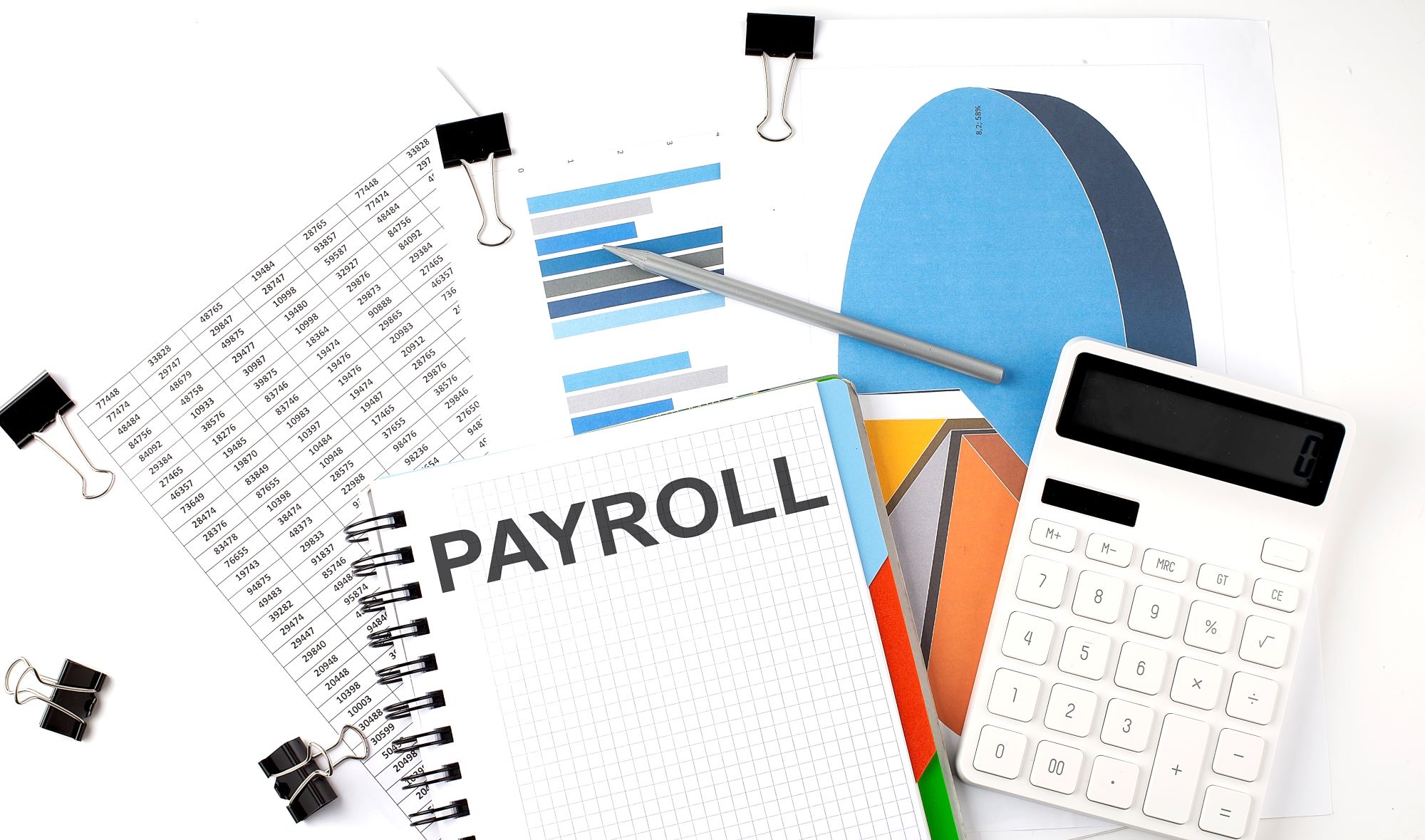
Statutory Payroll Deductions For Employers In Kenya
Does your small business have employees? Are you deducting the necessary statutory deductions whenever you are processing their salaries?
A statutory payroll deduction is a mandatory amount of money the law requires employers to take from an employee’s salary for tax and other payments.
Contribution to statutory deductions is a legal requirement. As an employer, you should register with the necessary bodies, deduct the money from your employee’s pay every month, file and remit it in time.
In Kenya, salaries and wages are subject to the following statutory deductions:
Related post: 6 Tips to Turn Your Side Hustle Into a Thriving Full-Time Business
Pay As You Earn (PAYE)
As an employer, the law obligates you to deduct income tax from your employee’s wages and salaries monthly and send the amount to Kenya Revenue Authority (KRA) on their behalf. The amount sent to KRA is different for each employee depending on their income and is dependent on the rates given by the KRA.
The minimum monthly taxable income in Kenya was Ksh 12,298. Still, effective from April 2020, the government raised this amount to Ksh 24,000 to cushion the low-income earners from the impact of COVID-19.
The deadline for filing and paying the amounts to KRA is on the 9th day of the following month.
The National Social Security Fund (NSSF)
The National Social Security Fund is a public trust and a retirement benefits scheme for employees in Kenya. Employees from both formal and informal sectors can benefit from this scheme. The minimum contribution to the NSSF pension fund is Ksh 200 per month or Ksh 4800 per year.
Keep in mind that as an employer, you should match your employee’s contribution of Ksh 200 every month. It’s also important to keep in mind that there were new contribution rates. However, the implementation is on hold awaiting the conclusion of a court case. So, keep an eye and stay updated if these ever change.
The deadline for filing and paying the amounts to NSSF is on the 15th day of the following month.
Learn more about Are You Tracking Your Business Expenses?
The National Hospital Insurance Fund (NHIF)
The National Hospital Insurance Fund is a medical cover for employees’ wellbeing. As an employer, you deduct the NHIF amount from an employee’s salary depending on their earnings. Unlike NSSF, NHIF does not have a corresponding employer amount.
The deadline for filing and paying the amounts to NSSF is on the 9th day of the following month.
Higher Education Loans Board (HELB)
HELB loans are statutory deductions for students who took loans for higher education. After graduation, the higher education loans board gives at least a one-year grace period to start paying the loan.
Under the HELB Act 1995, the loanee should start paying within the first three months of employment. As an employer, the law requires you to disclose loanees, deduct from their salaries loan amounts as directed and remit this amount to the loan board. When hiring an individual, ask them if they have a HELB loan.
The deadline for filing and paying the amounts to HELB is on the 15th day of the following month.
What Happens When You Fail To Do So?
Late filing and payment of statutory deductions or failure to file and pay are deemed an offense by the necessary bodies. While these are manageable on your own, you can hire an accountant to help you every end month. But, if you decide to manage employee deduction on your own, it will help if you set a date at the beginning of every month, before the 9th, to file and pay all deductions at once.






